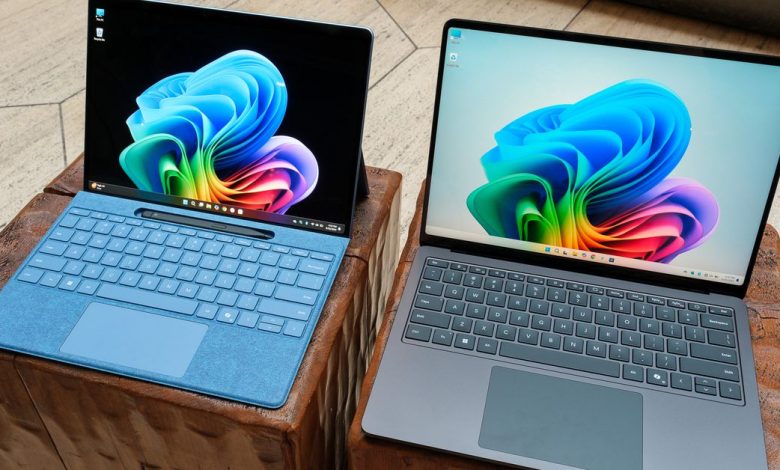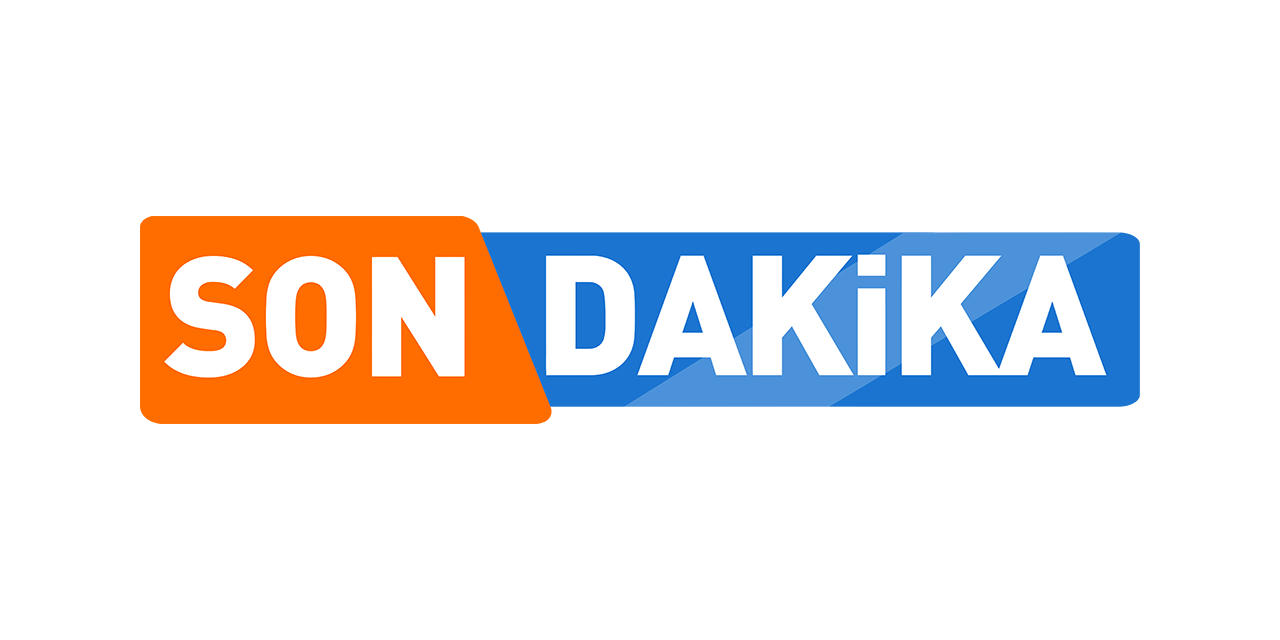Copilot Plus PCs versus Chromebooks: which should I choose?

[ad_1]
Before the beginning of summer, it was a little easier to shop for a basic productivity laptop. You could choose from a single version of Windows (x86), an Apple macOS device, or a Chromebook. Sure, there were still a lot of options from multiple laptop manufacturers, but if you knew what brand or operating system you wanted, especially if you were limited by a budget, it probably wouldn’t have taken too long to narrow down your choices, especially if you had specific preferences. (I know I do.)
But then Copilot Plus PCs arrived. Now there was a new type of less expensive productivity machine occupying shelf space between lower-end old-school Windows laptops and Chromebooks. If you thought you had already narrowed down your choices, you just got handed more research. Depending on what else you need a laptop to do — and how much you’re willing to spend — there are a few more things to look into now.
However, Copilot Plus PCs and Chromebooks are still positioned for different types of users. Selecting one or the other, then, isn’t actually more complicated — just more nuanced. Let’s dig into both of these systems and narrow down the list of options.
Copilot Plus PCs are Windows systems but with a difference. Copilot Plus PCs run Windows on Arm (Arm64) with Qualcomm’s latest Snapdragon chips, while Intel and AMD-configured laptops run Windows x86. This isn’t the first time any laptop has run the Arm version, but it is the first time they have been worth buying. They are just as powerful as other Windows laptops and come with the same features, but they have longer battery lives and are more power efficient — and are generally a little cheaper. But their operating system is less versatile.
Though Windows on Arm has native support for nearly all the same major programs as the x86 version of Windows, some crucial ones are still missing, like Adobe Premiere Pro and Google Drive for Desktop. Those apps also can’t be emulated with Microsoft’s new Prism emulator (which is a lot better than its previous iterations). Many other apps without native Arm64 support can, but they might run noticeably slower.
If you’re considering buying a Copilot Plus PC but are unsure about your favorite app’s compatibility, there’s a website that can help you check. Just keep in mind that it’s not an exhaustive list of everything that is or isn’t compatible, and the website itself doesn’t guarantee 100 percent accuracy. It’s always best to check compatibility yourself.
Chromebooks run ChromeOS and generally have slower and older Intel or AMD processors. Their operating system is primarily designed to run apps in the cloud, so it’s stripped down to handle just the basics. (In some ways, it feels more like navigating a smartphone than an actual computer.) What it can handle on-device is saving and editing Google Docs, Sheets, and Slides files offline, saving and retrieving files from local storage, and playing mobile games, among other lightweight apps. Chromebooks’ simplicity and ease of use in the classroom have made them a popular choice for students in high school and elementary school, especially during the pandemic.
Google has recently added a few quality-of-life features to ChromeOS, like customizing keyboard and mouse shortcuts, which have been available in Windows for a long time.
There are several ways that Copilot Plus PCs and Chromebooks are similar. Not only are they both productivity laptops, but they also share some of the same features: both come in traditional and 2-in-1 form factors (although as of now the only convertible Snapdragon laptop is the Lenovo Yoga Slim 7x) and both have models with touchscreens and a host of port options, like USB-A, USB-C, and sometimes even HDMI or a microSD slot.




